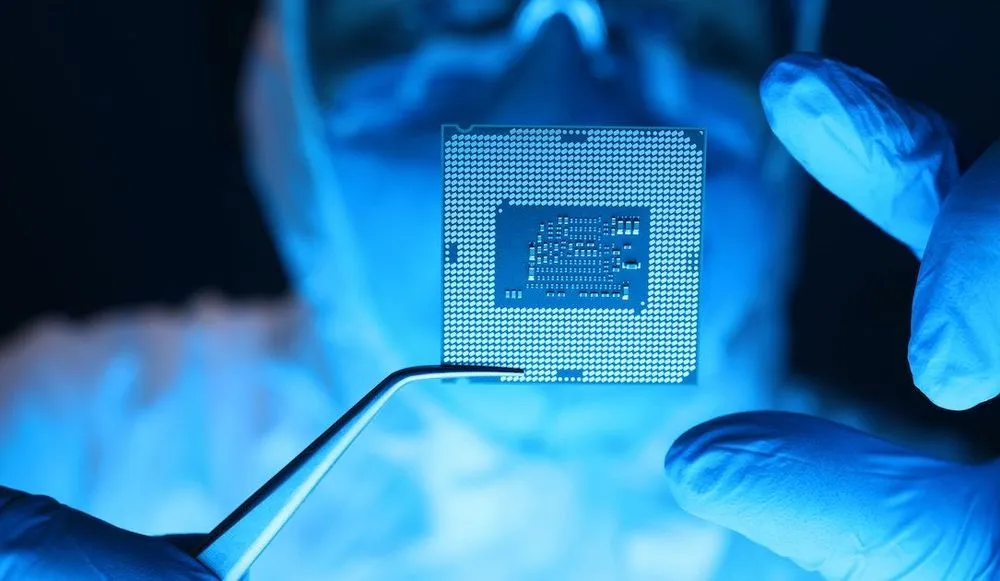Netherlands invokes special powers against Chinese-owned semiconductor company Nexperia
The Netherlands announced on Sunday it was invoking special powers allowing the government to overrule business decisions made by the Chinese-owned semiconductor manufacturer Nexperia if it assessed those decisions risked undermining the availability of “crucial technological knowledge and capabilities.”
The Dutch ministry of economic affairs said it was making the “highly exceptional” move “following recent and acute signals of serious governance shortcomings” at Nexperia, which is headquartered in the Dutch city of Nijmegen but partially owned by the Chinese government.
Under the move, which is the first time the Dutch government has invoked the power under the Goods Availability Act, officials will be able to block or reverse management decisions at Nexperia, for instance about asset transfers or strategic direction.
Nexperia’s partially state-owned parent company, Wingtech, criticised the decision as “an act of excessive interference driven by geopolitical bias, not by fact-based risk assessment,” and in a filing to the Shanghai Stock Exchange said it was appealing the decision in court and was also seeking the Chinese government’s assistance.
It comes amid growing concerns about the transfer of Western intellectual property to Chinese entities, both via commercial means and through cyber-enabled espionage. China has amassed a large and growing footprint in the critical semiconductor sector, and there are fears Beijing is intentionally sponsoring efforts to capture sectors that could be weaponised during crisis or conflict.
The MIVD, the Dutch military intelligence agency, warned earlier this year that Chinese espionage was “intensifying” against its domestic semiconductor research institutions. The country is particularly concerned about Chinese attempts to steal secrets from the company ASML which supplies the world’s most advanced lithography machines needed to manufacture state-of-the-art semiconductors.
Wingtech was among the 140 entities added to the U.S. Commerce Department’s sanctions list in 2023 on the grounds they were “acting contrary to the national security and foreign policy interests of the United States.”
The specifics of those actions were not detailed by the U.S., and the Dutch government did not expand on the specific governance shortcomings at Nexperia’s that had prompted its intervention.
Back in 2022, the British government ordered Nexperia to sell its stake in the U.K.’s largest microprocessor factory, known as the Newport Wafer Fab, on the grounds the acquisition posed a risk to national security.
Officials in London said they were intervening over the risk to “technology and know-how that could result from a potential reintroduction of compound semiconductor activities at the Newport site, and the potential for those activities to undermine UK capabilities.”
Nexperia ultimately sold the Newport Wafer Fab to Vishay Intertechnology, a firm based in the United States, for $177 million. It was initially acquired for $76 million amid the global semiconductor supply shortage.
The Dutch Ministry of Economic Affairs said on Sunday it had made the decision to invoke the Goods Availability Act on September 30. It did not explain why the decision was made public on October 12.
“Only due to the significant scale and urgency of the governance deficiencies at Nexperia has the decision been made to apply the Act,” the Dutch government stated. “This is a measure the government uses only when absolutely necessary.”
Alexander Martin
is the UK Editor for Recorded Future News. He was previously a technology reporter for Sky News and a fellow at the European Cyber Conflict Research Initiative, now Virtual Routes. He can be reached securely using Signal on: AlexanderMartin.79



